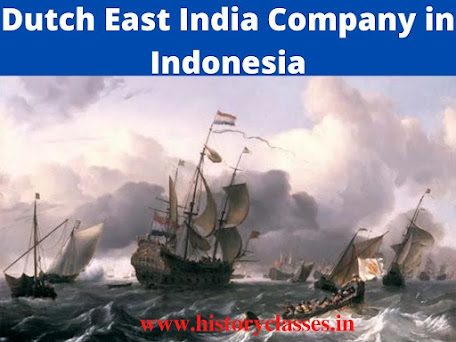Dutch East India Company
Dutch Trading Company
Alternate Title: United East India Company, VOC, Verenigde Ost-Indische Compagnie
Date: 1602 – 1799
Areas of participation: international trade
Related people: Jan Peterzoon Koen Abel Tasman Anthony van Diemen Gustaf Willem, Baron van Imhof Dirk van Hogendorp
Dutch East India Company, under the name of United East India Company, Dutch Verenigde Ost-Indische Kompany, a trading company established in the Dutch Republic (present-day Netherlands) in 1602, to protect that state’s trade in the Indian Ocean and aid in the Dutch War. for independence from Spain. The company prospered for much of the 17th century as an instrument of the powerful Dutch commercial empire in the East Indies (present-day Indonesia). It was dissolved in 1799.
The Dutch government granted the company a monopoly on maritime trade between the Cape of Good Hope and the Magellan Strait at the southern tip of Africa. between the Atlantic and Pacific oceans, with the need to conclude treaties with native princes, build and maintain fortresses. had the right. to carry out administrative tasks through the armed forces, and officers who were required to take an oath of allegiance to the Dutch government. Under the administration of powerful governor-generals, notably Jan Peterzoon Koen (1618–23) and Anthony van Diemen (1636–45), the company was able to defeat the British fleet and largely displace the Portuguese in the East Indies.
You must also read—
Growth and and Impact of Dutch Eeast India Companay In Indonesia
Major event in US history Iran hostage crisis.
What do you understand by mercantilism? Describe its main features.
In 1619 the company renamed Jacatra Batavia (now Jakarta) and used it as a base for the conquest of Java and the Outer Islands. By the end of the 17th century the Company had fallen into a trading and maritime power and became more and more involved in the affairs of Java. By the 18th century the company had transformed from a commercial shipping enterprise into a loose regional organization interested in the agricultural produce of the Indonesian archipelago. At the end of the 18th century the company became corrupt and was deeply indebted. The Dutch government eventually revoked the company’s charter and took over its debts and assets in 1799.
YOU MAY ALSO READ
HISTORY OF INDI-GREEK KINGS IN INDIA
